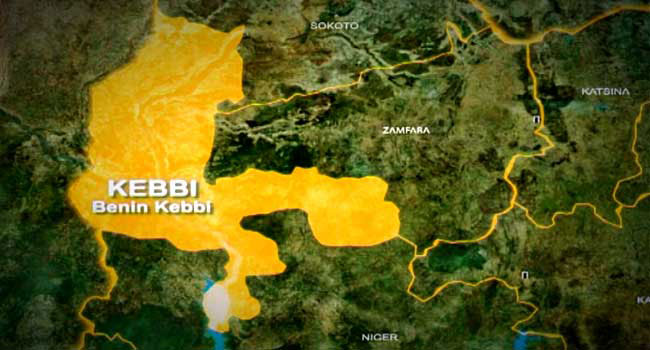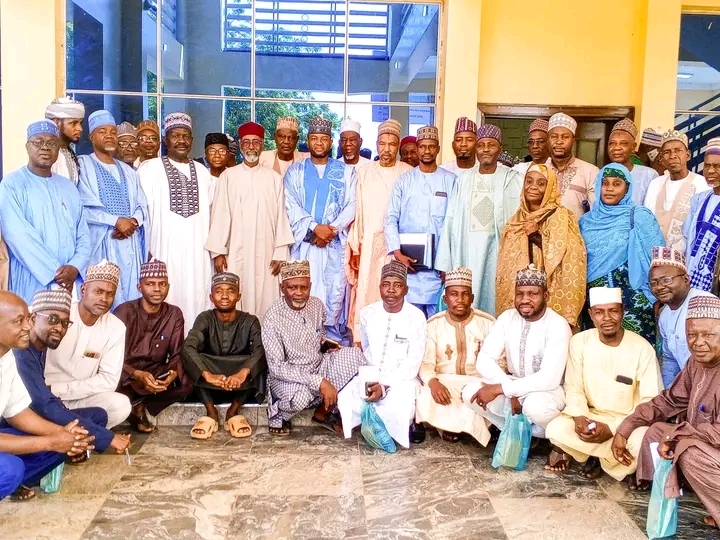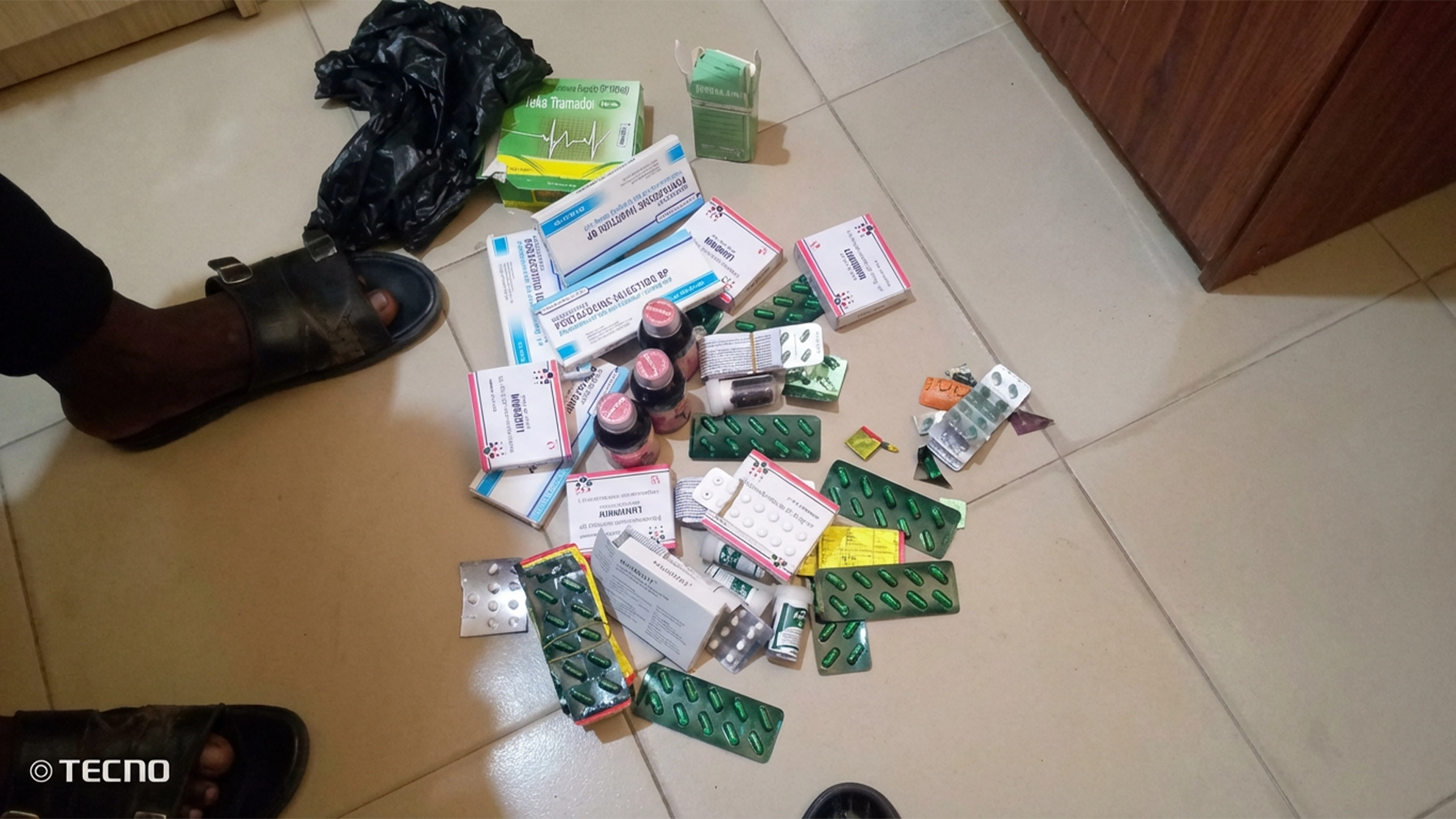The Federal Government on Wednesday stated that recent pronouncements by the United States President, Donald Trump, on Nigeria’s security situation have been instigating opportunistic violent groups.
He warned that they are already exploiting
international narratives to stage renewed attacks on soft targets.
The Secretary to the Government of the Federation (SGF), Senator George Akume, while addressing the evolution of violent extremism, Boko Haram and ISWAP insurgency, and banditry, said it was initially driven by economic motives rather than religion, as many people had alluded.
Akume insisted that insurgency had been significantly degraded before the latest wave of commentary from Washington. He added that even though his statements were well-intentioned, they have the unintended effect of emboldening extremist factions.
According to him, what Nigeria needed from global partners, especially the US, was collaboration through intelligence, technology, and equipment rather than public labelling that distorts the country’s security realities.
He also denied genocide against Christians even in his state, Benue, stressing that he was baptised as far back as 1968, and emphasising that Boko Haram and ISWAP have historically attacked both churches and mosques, killing Christians, Muslims, and traditionalists, while those operating from the North-West were bandits with economic motives.
He said: “The current misrepresentation of the crisis as ‘genocide against Christians’ fuels religious tension, emboldens extremist and criminal factions seeking to exploit sectarian narratives, creates diplomatic friction, and undermines Nigeria’s longstanding efforts to build constructive international security partnerships.
“Nigeria is a secular state whose constitution prohibits the adoption of any religion as a national faith, and President Bola Ahmed Tinubu’s appointments reflect the nation’s diversity, with equal representation of Christians and Muslims in the Federal Executive Council (FEC) and the National Security Council.”
He also reiterated the role of the 2011 collapse of Libya and instability in Egypt, which opened trafficking corridors for extremist groups as contributing factors.
He said, “Weapons flowed through Al-Qaeda-linked AQIM routes into the Sahel and Nigeria, boosting the operational capacities of Boko Haram, ISWAP, and later, armed banditry networks.”
Speaking about banditry in the North-West, the SGF said all credible analyses point to economic roots, including competition for land and water resources, cattle rustling, illegal mining of gold and other minerals, kidnapping-for-ransom, and extortion of rural communities.
He added, “These pressures, not religious motives, explain the persistence of violence in the North-West.”
Akume referenced the Yelewata attack in Guma Local Government Area of Benue State between June 13 and 14, which left over 100 people killed according to independent rights organisations, noting that Mr President had immediately dispatched relief materials and ordered a census of destroyed homes and properties to facilitate reconstruction.
Akume also insisted that the Nigerian Armed Forces remained highly capable and had reclaimed vast territories formerly occupied by Boko Haram and ISWAP.
For him, Nigeria does not require foreign combat troops but targeted intelligence, surveillance technology, and advanced equipment to finish the job; partnership, not prescriptive statements.
Akume, therefore, urged citizens across political, ethnic, and religious lines to unite against violent extremism.
“Now is the time to speak with one strong and united voice to confront a common enemy and eradicate terrorists, bandits, and insurgents from our national borders,” he said.
Meanwhile, he reaffirmed the government’s commitment to deepening diplomatic ties with the US based on mutual respect, shared democratic values, and a joint responsibility to enhance regional and global stability.






